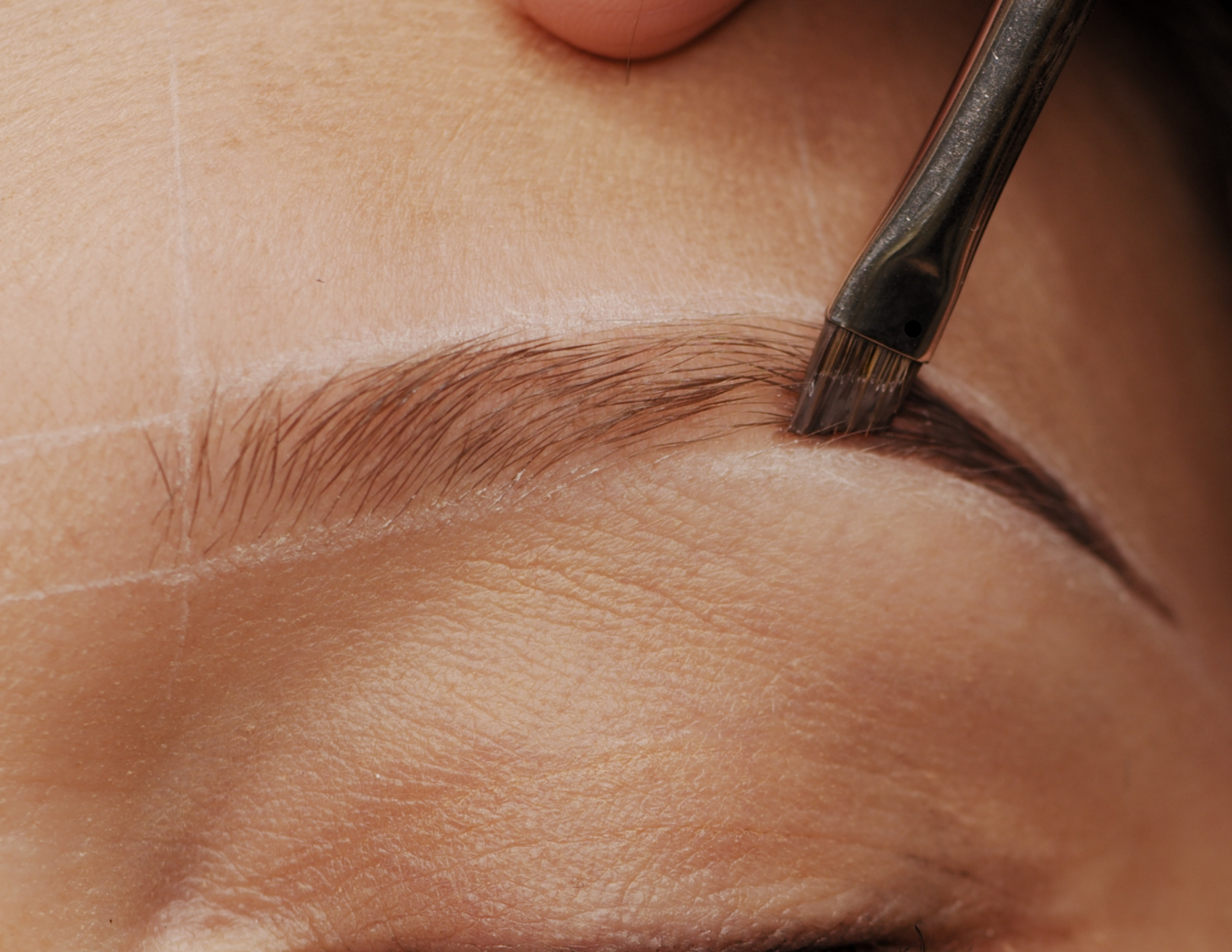The Color Wheel & Brows: How Limor at NIYA Chooses the Perfect Pigment for Your Skin Tone
When it comes to microblading or powder brows, choosing the right pigment is key. Learn how Limor at NIYA uses the color wheel to match your brows to your unique skin tone and undertone.
Your brows are one of the most defining features of your face—and when it comes to permanent brows like microblading or powder brows, choosing the right pigment is everything. At NIYA, artist Limor uses the color wheel to create customized brow tones that harmonize beautifully with your natural skin tone and undertone.
Because even the most flawless brow shape won’t look right if the color is off.
Why the Color Wheel Matters in Brow Pigment Selection
Not all brow pigments are created equal—and not all pigments heal the same way on every skin tone. That’s where the color wheel comes in.
The color wheel helps Limor:
Identify your skin undertone (warm, cool, or neutral)
Select the most flattering brow pigment family
Avoid ashiness, redness, or fading to blue/gray over time
Correct and neutralize old microblading or previous brow work
Using opposite tones on the wheel (e.g., orange to cancel out blue-gray), Limor is able to balance and perfect pigment choices for brows that stay true, soft, and flattering—even months down the line.
Powder Brows vs. Microblading: What’s the Difference in Pigment Use?
Both powder brows and microblading require precision pigment matching, but the technique affects how the color heals:
Powder Brows:
A soft, shaded finish that mimics the look of brow powder. This technique is often used with cooler pigments on warm skin to maintain a neutral, diffused result. Ideal for oily skin or those who want a more defined brow.
Microblading:
Hair-like strokes created with fine incisions. Because this technique sits closer to the surface of the skin, the pigment may fade faster or shift if the color isn’t properly matched to your undertone. Limor avoids overly ashy or red tones by carefully adjusting based on the color wheel and your unique skin chemistry.
Understanding Your Skin Tone & Undertone
Limor always begins every brow session with a skin analysis. Here’s how she determines what will heal best:
Cool Undertones:
Pink, red, or bluish hues in the skin. Limor leans toward warmer pigments—like golden taupes or neutral browns—to balance potential ashiness.
Warm Undertones:
Yellow, peachy, or olive skin. She may use cooler or neutral pigments to prevent overly red or orange healed results.
Neutral Undertones:
A mix of both—these skin types are the most flexible and can wear a wide range of brow pigments.
It’s not about choosing a pigment that looks good today—it’s about choosing one that looks beautiful as it heals.
Correcting Old Brow Work with Color Theory
If you’ve had previous brow work that healed too red, blue, or gray, Limor uses the color wheel to correct the tone before reworking the brows.
• Gray/blue brows? She uses warm orange-based correctors.
• Red brows? She’ll add a green/olive-based pigment to neutralize.
• Uneven tones? She blends corrective colors before layering your custom brow shade.
Corrective work is an art, and color theory is the map.
Why Limor’s Clients Trust Her Color Expertise
With years of experience and deep knowledge of color theory in permanent makeup, Limor doesn’t just tattoo brows—she creates balanced, natural, skin-matched enhancements.
Clients leave NIYA with brows that:
• Complement their complexion
• Heal true to tone
• Blend seamlessly with natural brow hair
• Age gracefully over time
Final Tips: Choosing the Right Brow Pigment
Undertone > hair color. Your skin matters more than your brow shade.
Trendy colors fade. Choose what suits you, not what’s trending.
Correction requires expertise. Never layer pigment without neutralizing first.
Trust your artist. The right pigment is a custom blend—not a stock color.
Ready to Find Your Perfect Brow Match?
Book a brow consultation with Limor at NIYA, and discover the difference of working with an artist who understands color theory, undertones, and pigment behavior.





